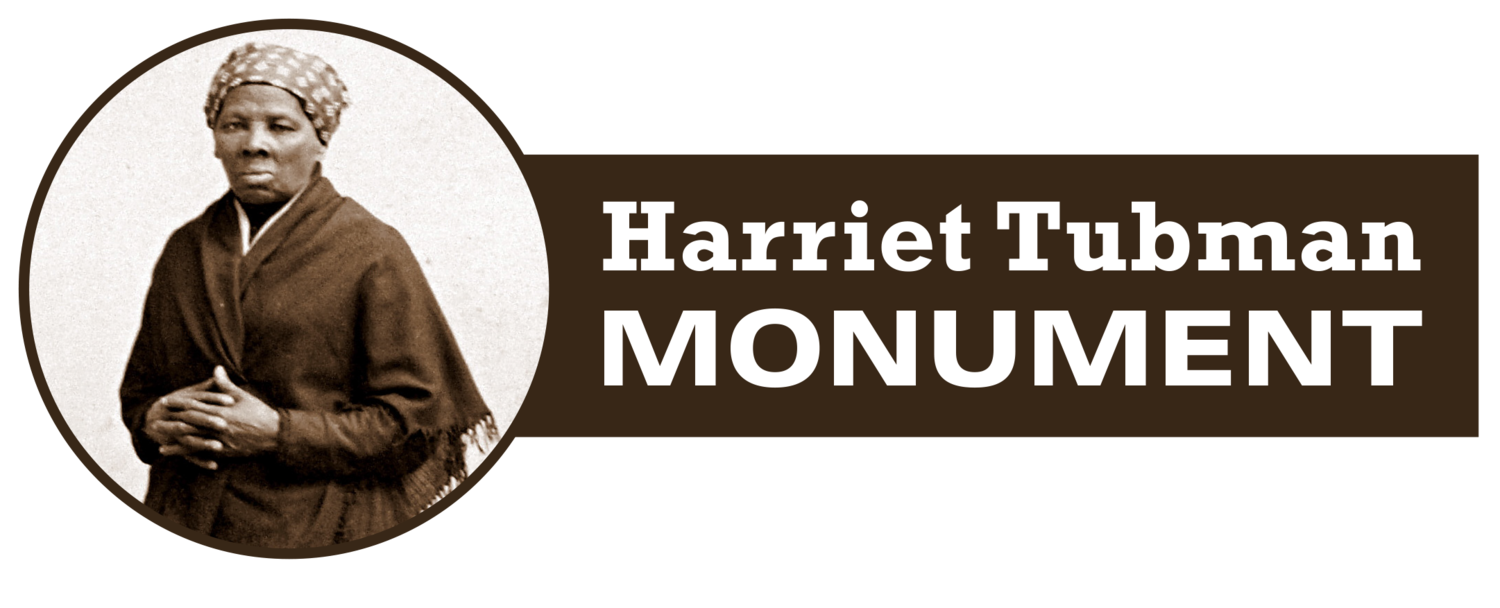Tabernacle Baptist Church
Tabernacle Baptist Church has launched a campaign to honor Harriet Tubman with a monument for her services rendered in Beaufort, SC and her role in the Combahee River Raid that freed hundred of slaves on June 2, 1863.
Combahee River Raid
The memorial will sit next to the 156- year-old church on Craven Street in downtown Beaufort. Some historians believe the freed slaves assembled at Tabernacle after the raid.
“The news that the legendary abolitionist will grace the $20 bill makes this the perfect time to launch a more intimate recognition of her legacy in, and contribution to, the history of Beaufort and South Carolina”, said Hodges, who pastors the church.
"People are fascinated when they hear that she was a Civil War heroine who served in various capacities at Beaufort from 1862 through early 1865,” he said.
Tubman worked for Union army in many capacities. She helped plan and lead the June 2, 1863 raid along the Combahee River that freed more than 700 slaves. Historians consider her the first woman in the Civil War to help design and execute such a military exercise.
“The monument would tie in with everything on Craven Street,” Hodges said. “It is already a place frequented by visitors. You can stand (in front of the church) and see walking tours, bus tours and carriage tours.”
Rev. Kenneth Hodges, Pastor
Tabernacle Baptist Church, Beaufort, SC
Tourists’ first stop is often the old Beaufort Arsenal home of the Chamber of Commerce's visitor’s center and the Beaufort History Museum, a block east of the church. To the west is the Secession House, home of the first meeting to discuss withdrawal from the Union. In between tourists visit Tabernacle, which houses the gravesite and memorial of escaped slave, military man and politician Robert Smalls.
The church is discussing the $500,000 project with renowned sculptor Ed Dwight, designer of the African American History Monument at the state capitol in Columbia.
“This is some serious history and needs placing on America’s landscape before those of us who really care have passed on,” Dwight said in an email to Hodges.
The church will provide the land for the memorial and funding will come from the private sector, Hodges said. It will take about four years to complete.



